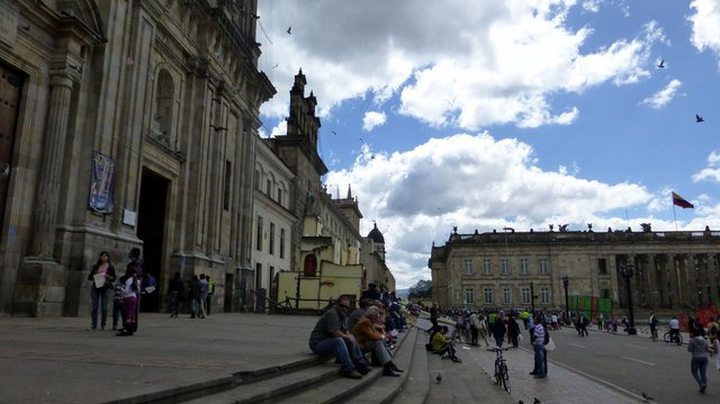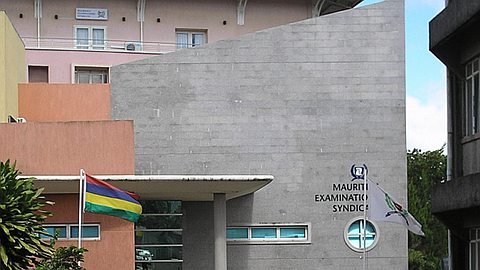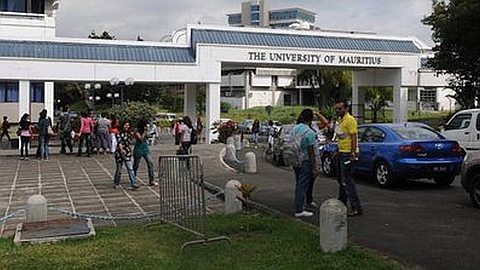Bogotá Is Becoming South America's Premier Tech Hub

There appears to be little argument that this is the future and that Silicon Valley’s somewhat unique precedent is the model that many other cities are trying to emulate.
In Europe the ancient cities of London, Berlin and Moscow are emerging as the mega tech hubs of the future based on a mixture of government support, entrepreneur visas, tax breaks and the quality of people and talent in those cities.
Then there is the emerging continent of Africa. Lagos in Nigeria, Accra in Ghana, Nairobi in Kenya and the South African cities of Johannesburg and Cape Town are all vying to be the dominant tech cluster and to attract the concomitant benefits that come from foreign investors and domestic governments.
In South America, the story is the same. Buenos Aires, Rio de Janeiro, Mexico City, Santiago and Lima are the dominant cities and all of them are trying to build up their tech clusters, but one unexpected city on the continent is beginning to challenge these cities to become South America’s dominant hub.
The Rise of Bogotá
Bogotá isn’t the first place that springs to mind when thinking about innovation, entrepreneurship and investment. Its recent past as a place of violence associated with the scourge of cocaine and a very nasty Civil War is the reputation it has been stuck with, but one that it is trying to put behind it.
Colombia is a verdant land that has a perfect climate and preternaturally fertile soil. Some say that if you plant an apple seed in the country there will be an orchard six months later.
Things grow fast here and the same celerity is happening in its tech sector where strong government support and tax breaks for foreign investors are accelerating Bogotá’s position as a hugely influential city in South America.
There are several reasons for this. When President Uribe came to power in 2002 the country was on its knees. Peace negotiations with the guerrilla group FARC had broken down and violence was at record levels.
Over the next eight years of his Presidential tenure, Uribe in a number of ways (and not all of them attractive) routed FARC and gradually brought back order to the country, a feat that was backed up by US government money and one that is respected by the US.
Consequently, now that the country is quiet and because of the US’s waning influence in other South American countries, Colombia is a friendly place for Americans and investment is pouring into the country.
Colombia has the third biggest economy in South America and is sitting on significant deposits of minerals such as oil, gold and natural gas. Moreover, Bogotá is already a major transport hub on the continent with direct flights to almost everywhere.
“Colombia has one of the best business environments in Latin America and has also increasing investment incentives such as Free Trade Zones, Single Company Free Trade Zones and Income Tax Deductions of 175% of investment in technological, innovative and scientific projects in the country.
“With more than 115 higher education institutions, Bogota graduates 100,400 professionals and technicians each year. This abundance of young and highly skilled workers makes its capital city, Bogotá, extremely attractive to technology and innovation investment,” says Ambassador of Colombia to the UK, Mauricio Rodríguez- Múnera.
What The Future Holds
As the ambassador says, the potential here is seemingly limitless, something that has been noticed by canny investors and global accelerators such as Wayra.
The company is a Telefónica Digital initiative that aims to promote innovation and identify talent in Latin America and Europe. Companies accepted into the Wayra program receive funding of up to €40,000 plus office space and mentoring. Its first academy was actually launched in Bogotá and there are now 14 Wayra academies in 12 countries in Europe and Latin America.
Wayra in Bogotá is supported by HubBOG, a tech co-working space that was set up in the city four years ago and offers education, co-working and entrepreneurship as part of its plans to evolve the city’s startup ecosystem.
Alex Torrenegra is the co-founder of HubBOG and an investor in several Colombian companies as well as co-founder of multiple startups that have engineering teams in Colombia such asVoiceBunny, Voice123, and Dashbell.
He offers words of warning about the burgeoning reputation of Bogotá as a tech cluster.
“I can't hide the fact that I like Colombian talent and the Colombian ecosystem. Nevertheless, I'm not sure if Colombia can be catalogued as a tech cluster just yet. People now have the passion and the government is offering its support, but Colombia has a long way to go.
“This is highly visible when it comes to figuring out its acceleration and investment dynamics. There are pros and cons when establishing a presence in Colombia. They depend on the type of business you have and the areas of your operation that you'd like to run from there,” he says.
Others are more new to the country. Tom Viswat is the director of business development, the Americas, for Thumbstar Games and in 2012 he flew (direct) from Europe to Colombia to set up the company’s presence there.
“It’s unlikely that I’ll ever leave this country unless terrible things happen.
It is an amazing place to do business and if you are a foreign investor there are huge tax advantages compared to other hubs such as Mexico City and Rio. There is a certain amount of Red Tape, but much less than I expected.
“Here the government helps me, in other places governments rob me. I would recommend Bogotá as the gateway to South America and as a beautiful country. And I think it’s safer than Rio, safer than New York City and probably even safer than my hometown of Amsterdam,” he says.
The reputation of Colombia and Bogotá as violent and corrupt now seems to be as effete as the Civil War and chaos that preceded it. Whether it wins the peace as a future city and tech hub that dominates South America remains to be seen, but there are many people in the country, and outside it, who are convinced it will.




